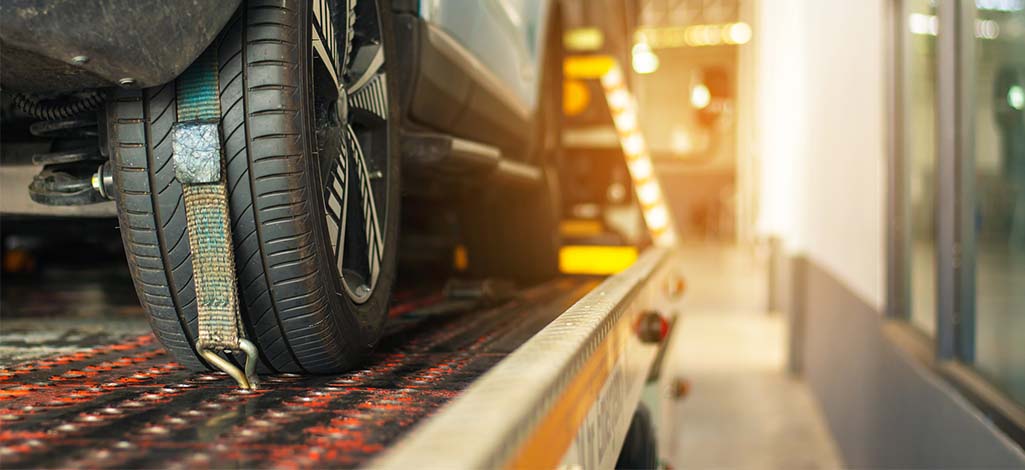On March 7, 2022, the British Columbia Minister of Finance introduced Bill 11-2022: Commercial Liens Act (the “New Act”). Once passed into law, the New Act will govern the law of liens for service providers who provide labour or materials to restore, improve, store, transport, carry, tow or salvage goods. The current system, which is governed by the Repairers Lien Act, the Warehouse Lien Act and Livestock Lien Act, has been criticized as being overly complex, impractical and outdated and once the New Act is passed, the preceding three acts will be repealed.
A key aspect of the New Act is its integration with the Personal Property Security Act (the “PPSA”) and the public registry for the PPSA, the British Columbia Personal Property Registry (the “PPR”). The New Act will create a new type of lien in the PPR, referred to as commercial liens.
Supporters of the New Act have been advocating for its introduction since the 1990s and the BC Law Institute published its “Report on the Uniform Liens Act in 2003” (the “Report”). The Report includes a detailed discussion of the flaws with the current system and the rationale for the need for a new system and can be read here.
It is useful to quickly recap what liens do and why they are important. In the context of the New Act, liens are intended to allow service providers to retain the property of a customer to secure the payment of the customer debt or satisfaction of its obligation.
Since multiple acts are being replaced, we will focus primarily on examples from the Repairers Lien Act because it is the most used of the soon to be repealed legislation. An example of a situation involving a repairer’s lien is a person restoring a piece of machinery for a customer and the customer fails to pay for the services. The repairer can retain that piece of machinery until the customer pays in order to motivate the customer to pay for the services.
The current system has some flaws that make it difficult for the repairer to acquire and maintain a lien. The following is an example of one weakness.
Currently, a repairer can only register a lien in the PPR against serial number goods. The definition of serial number goods is quite restrictive and only motor vehicles, aircrafts, boats and outboard motors are serial number goods under the Repairers Lien Act. A repairer is not required to maintain possession of the serial number good to maintain a lien and instead can rely on its registration in the PPR to secure payment.
For any other type of property, the repairer must have possession of the property to maintain a lien. Having physical possession of a customer’s property can be a burden on repairers because the repairer must store the property to maintain the lien. The alternative is returning the property to the customer and giving up any leverage the repairer had.
Additionally, it is often impossible for repairers to take possession of large pieces of equipment because they are too large to store at the repairer’s location or cannot be moved from the customer’s premises.
The New Act gives the repairer the choice of holding possession of the property to maintain a lien or returning the property to the customer in exchange for a written acknowledgment that can be used to register the lien in the PPR. For non-serial number goods that are too large to store or move, the repairer can register a lien in the PPR.
The New Act also creates a lien as soon as the services begin and establishes clear rules for the amount secured by a lien.
The New Act is still a bill in the legislature and must receive Royal Assent to come into force. Prior to the introduction of the New Act, the PPSA must be revised to accommodate the introduction of commercial liens. Importantly, the New Act does not impact the law of liens under the Builders Lien Act or the Forestry Service Providers Protection Act.


